Microsoft Security Improves User Protection With New Multi-cloud Capabilities
2 min. read
Published on
Read our disclosure page to find out how can you help MSPoweruser sustain the editorial team Read more
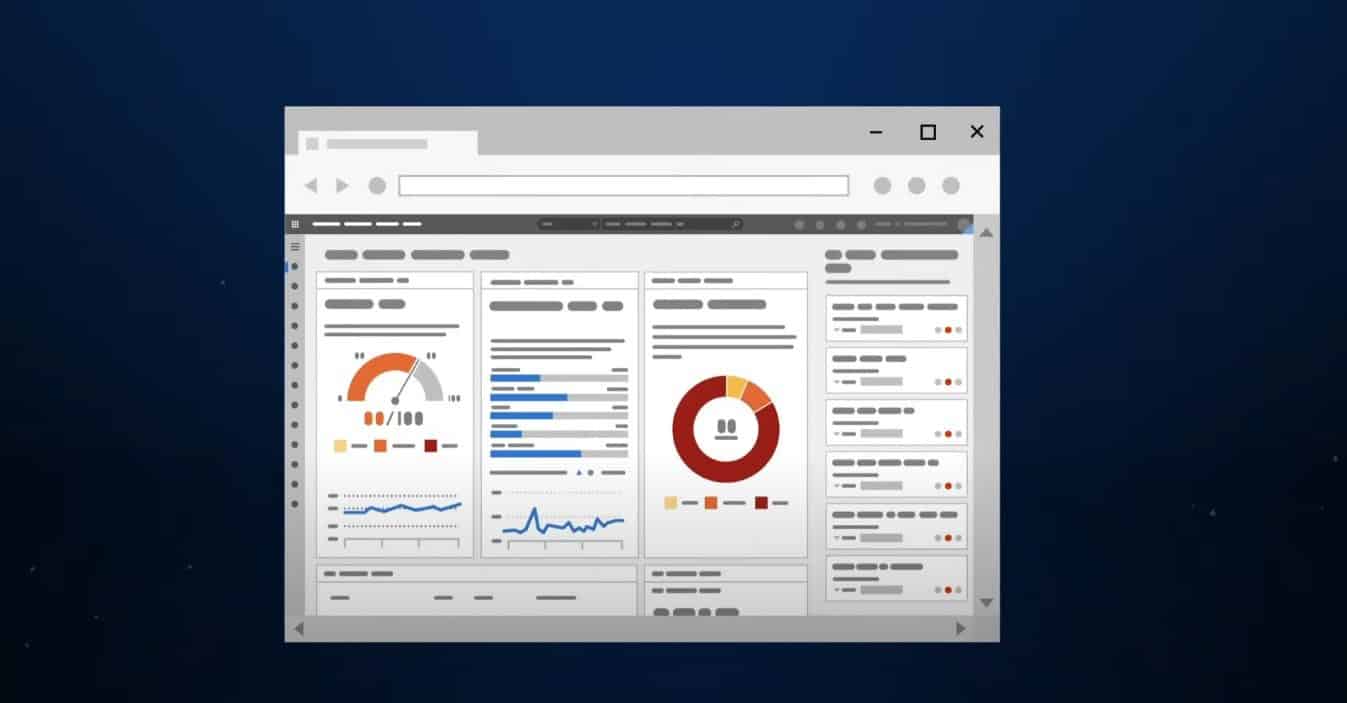
In a recent blog post, Microsoft details how it plans to protect the security of its customers even more by introducing multi-cloud support into its primary security strategy. In line with this, the company aims to introduce new features and advances that can help strengthen security and control from a centralized management perspective. To try and introduce simpler security solutions to its customers so that they don’t find it challenging to manage multi-cloud environments, Microsoft decided to extend “the native capabilities of Microsoft Defender for Cloud to the Google Cloud Platform (GCP).”
Thanks to GCP support, Microsoft is notably the only cloud provider that offers native multi-cloud protection for the top three platforms in the industry, namely: Microsoft Azure, Amazon Web Services (AWS), and Google Cloud Platform. Microsoft Defender for Cloud offers various features to its users, including Cloud Security Posture Management and Cloud Workload Protection.
Now, enterprises that use any of the top-ranking providers can easily strengthen their overall security, configure any potential weak spots, and rest easy knowing their various workloads are protected from any threats. The best part is that users can now do all these and more from one place.
Among other things, Microsoft delved into other updates it recently implemented throughout its portfolio to improve protection and security for businesses.
- They launched Azure Payment HSM for more secure payment processing: Microsoft’s new Azure Payment HSM service is now in public preview. Microsoft developed this service for network and payment processors and payment card issuers to ensure that all payments processed in the cloud are made securely.
- They’re extending the capabilities of Azure Active Directory (Azure AD): Azure AD was initially developed to protect user identities, but now Microsoft implemented several new features. Now, Azure AD can also protect workload identities for services and apps, especially since more customers transfer their workloads onto the cloud.
Learn more about what plans Microsoft Security has in store during the Microsoft digital event.
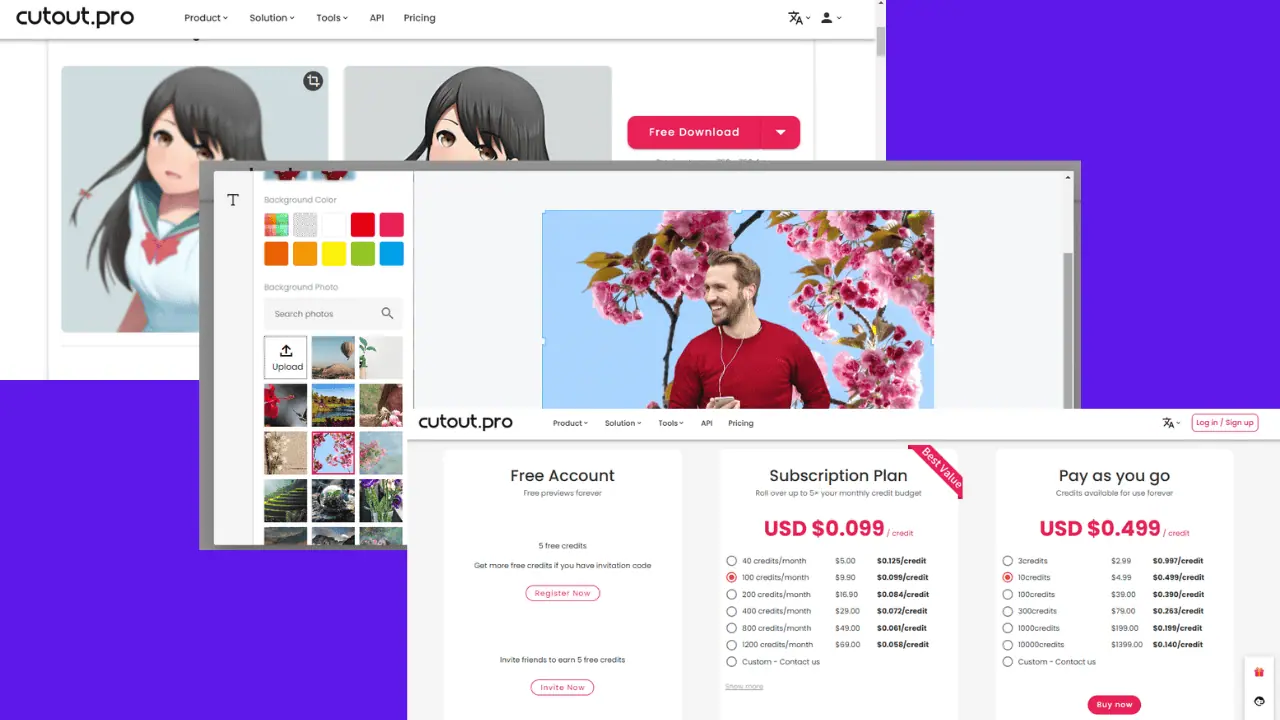


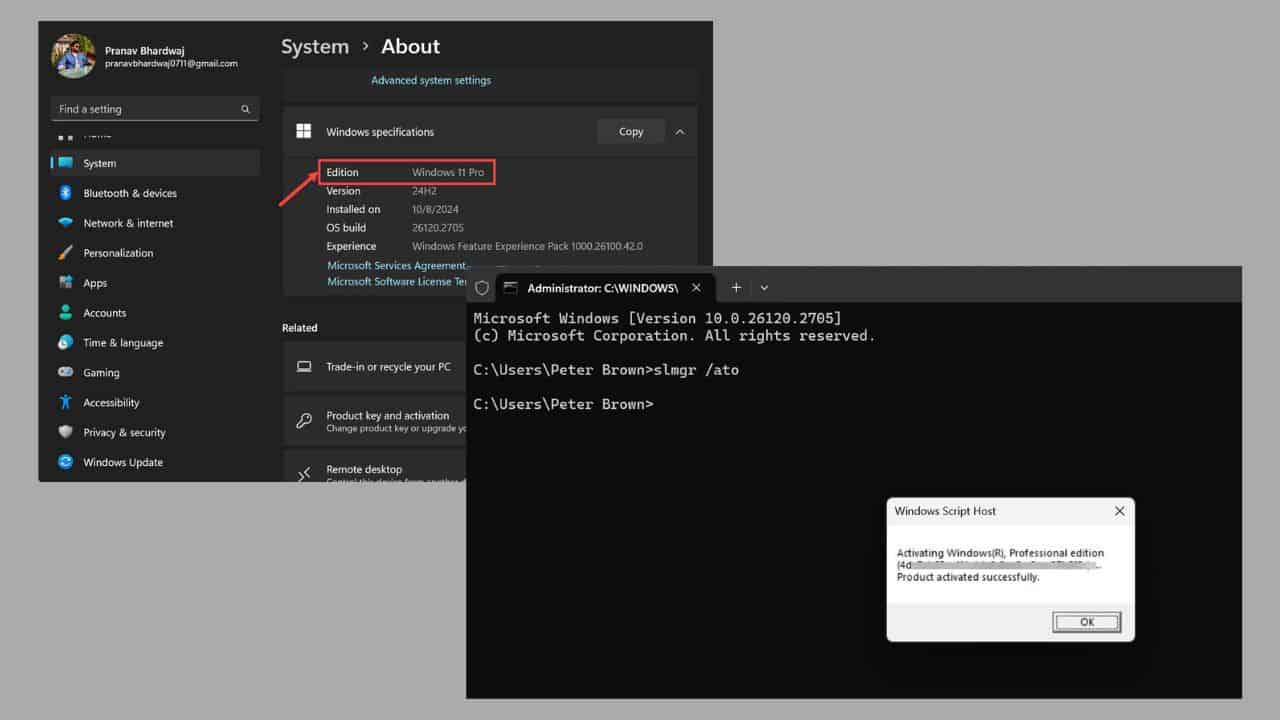

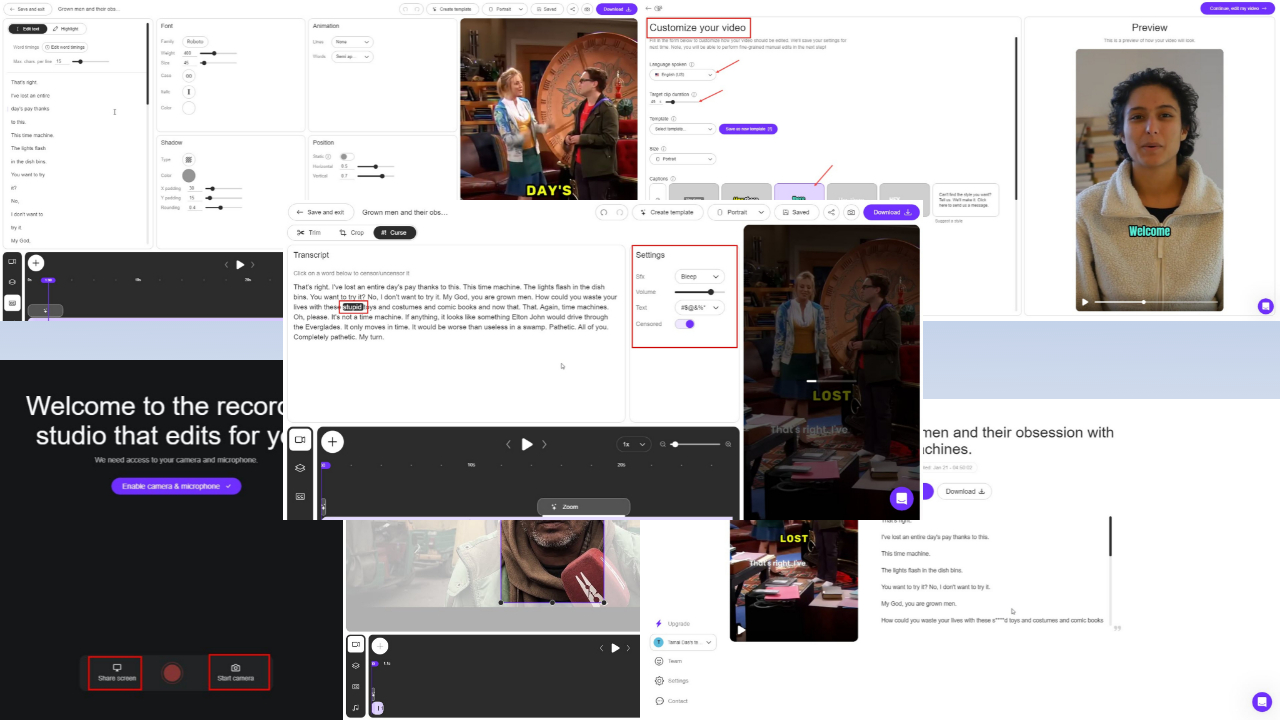
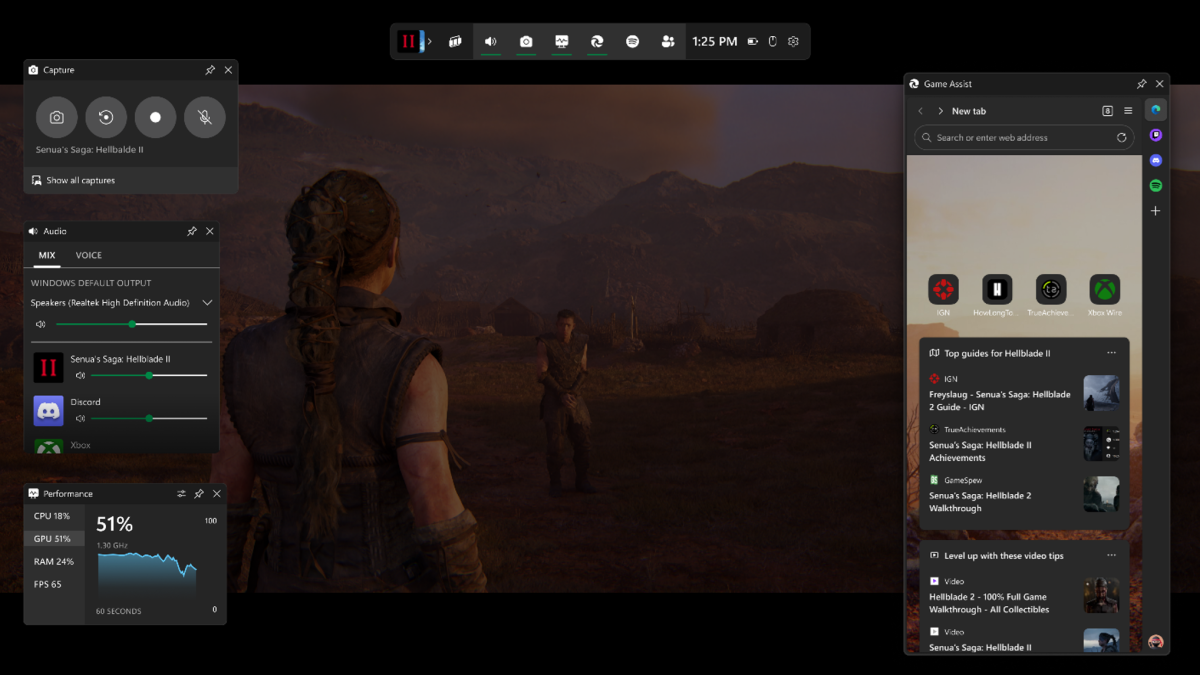
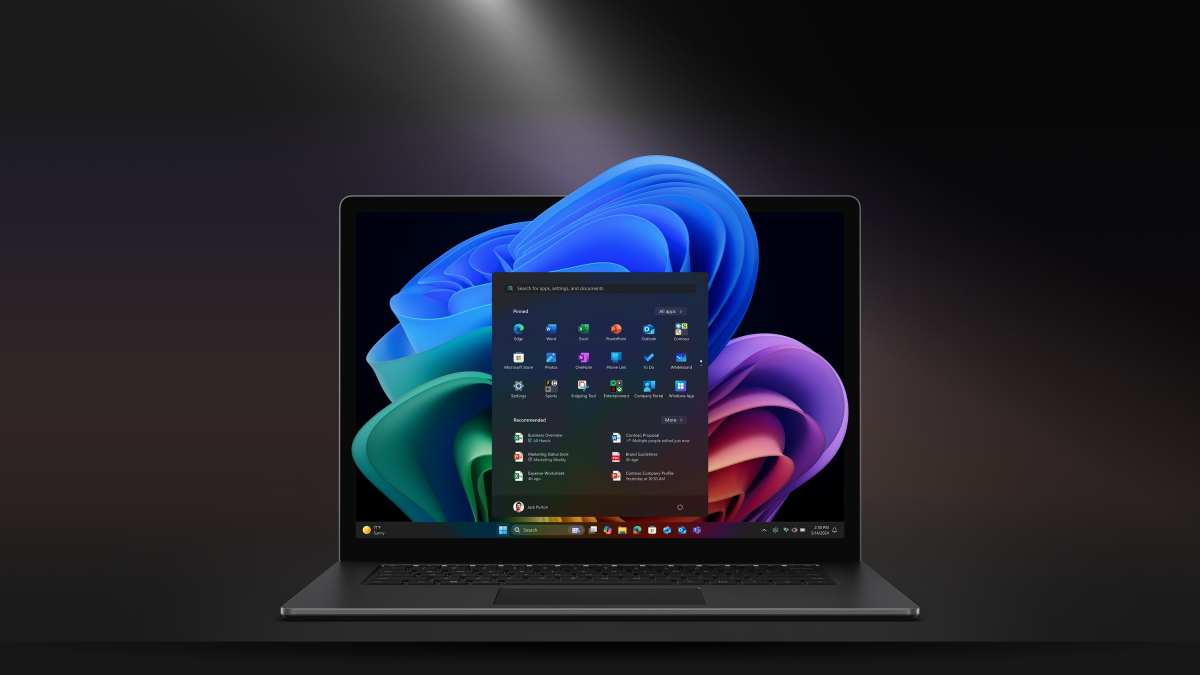
User forum
0 messages